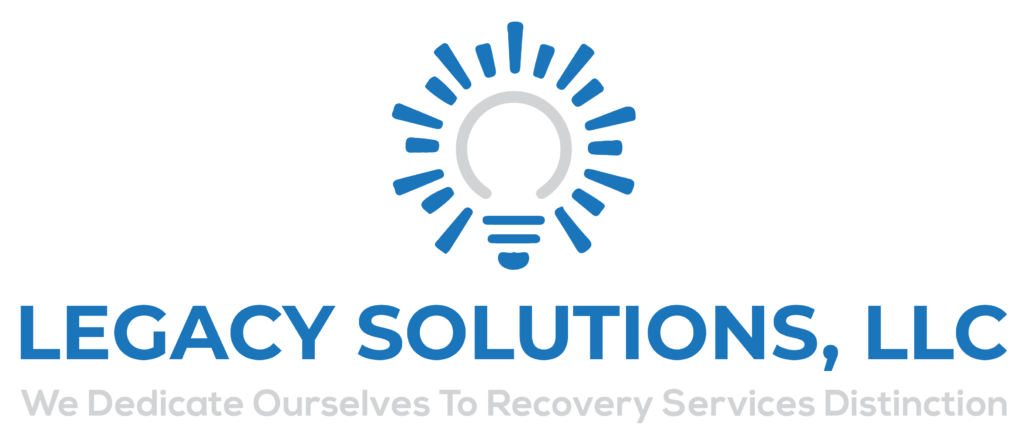
Sharing these insights can be invaluable education for others. It isn’t easy to formulate the thoughts and memories, and then deliver your story. Being an open book is not natural for someone just emerging from substance use, much less talking about such personal issues with strangers. But being brave and allowing others to know you on a deeper level can be extremely therapeutic. It shows that you value yourself, your life, and your future enough to not only be heard, but to also be cared for. Support groups or sponsors give you a safe place to be vulnerable.
Hope, Education, and Connection in Online Platforms for Sharing Recovery Stories

By sharing your personal experiences, struggles, and triumphs, you can foster emotional healing within yourself and provide support and encouragement to others in recovery. It allows individuals impacted by addiction to connect with others, breaking the stigma surrounding substance abuse and mental health. Sharing your story evokes emotions such as empathy, encouragement, and hope, which are essential for healing and building a common bond of support. Storytelling is a great tool for teaching, entertaining, and healing. Individuals in Alcoholics Anonymous and other recovery programs share experiences to stay sober and break the feeling of being alone. It creates emotional connections and inspires attitudes, behavior, and actions.
- Your story can also help others by affirming that recovery is possible and proving that even the most difficult obstacles can be overcome.
- Brie joined the Amethyst Recovery team in 2017 as an HR assistant.
- The fellowship and support offered at AA meetings, with the aid of personal stories, have helped many overcome their addiction, while lessening judgements around alcoholism.
- It could be people in the room (like a sponsor) or people in your life (like a family member).
- Sharing stories with the recovery community can help form sober friendships, as well as provide encouragement, validation, and motivation.
- Perine had one 10-yard reception in Week 1 on eight offensive snaps and one three-yard reception in Week 2 on nine offensive snaps.
Personalized Therapy at UPMC Rehabilitation Institute
Before you share your story, ensure that you feel strong and well enough in yourself. Speaking about your past can bring up some powerful emotions, leaving you feeling vulnerable and exposed. Whilst maintaining anonymity is very important for most of us in addiction recovery, remaining completely anonymous does nothing https://ecosoberhouse.com/ to break the stigma. Happily, there are ways around this, without compromising anonymity. Sharing your story in addiction recovery is a very personal choice. Therefore, sharing our personal stories of addiction in explicit detail, should only be done in the presence of a qualified counsellor or therapist.
The Three R’s of Addiction Recovery: Recognition, Rehab, and Rebuilding
This is because they have relied on substances to escape unpleasant feelings and deal with life difficulties for so long. Addiction becomes not only a physical problem but also an emotional one. It takes time and hard work in order to learn how to rebuild healthy relationships with others and yourself. For people who have been impacted by the disease of addiction, and found their way to recovery, their stories can be immensely touching. Because so much of the success in recovery rests on social support, sharing in a group setting becomes an important outlet. In telling your story, you may find that there are similarities and differences between yours and others’.

DON’T Forget to Mention the Importance of 12-Step Programs
By sharing personal stories, individuals can reflect on their experiences, recognize their progress, and be proud of how far they have come. This storytelling allows them to find strength and confidence in their journey. Personal recovery stories can give encouragement, inspiration, and support to those who are going through sharing your story in recovery similar struggles. By sharing their own story of conquering addiction, those who have reached sobriety can provide hope to those still dealing with substance abuse. Personal stories possess the emotional connection and attention-grabbing power that can spark meaningful actions and shape behaviors in addiction recovery.
Making sober friendships and engaging in the recovery community can give people strength and make them more likely to beat their addiction. Embarking on the road to recovery from drug and alcohol addiction is a profound journey, often marked by personal struggle, resilience, and transformation. It’s a path that can lead not only to personal liberation but also to the empowerment of others. For recovering addicts, sharing their story of sobriety is not just a testament to their triumphs but also a beacon of hope for those still in the throes of their own battles.

Over the past two decades, she’s faced numerous challenges – divorce, the death of her parents, financial struggles – all while maintaining her sobriety. Now five years sober, Sophia works as a domestic violence counselor, using her experience to help other survivors find healing without turning to substances. Sophia’s substance abuse quickly spiraled out of control, jeopardizing her job and alienating her support system. It wasn’t until she overdosed and woke up in the hospital that she realized she needed help for both her addiction and her trauma.
- It’s a path that can lead not only to personal liberation but also to the empowerment of others.
- Also, storytelling creates a sense of belongingness and connection that aids healing.
- Don’t just stand before the podium and present yourself as someone who abused substances for a while and then quit.
- It inspires change, promotes healing, and cultivates community in addiction recovery settings.
About Mental Illness
Jay Crosson began his career with Cumberland Heights in 1993 and accepted his role as Chief Executive Officer in 2015. Prior to becoming CEO, Jay was the Chief Financial Officer for the organization. Prior to his current role as Chief Community Recovery Officer, Randal served eight years as Assistant Commissioner with the Tennessee Department of Children’s Services.
Sharing recovery stories needs a balance between truth and inspiration. Acknowledge the hard times while providing hope and motivation for others. By talking about their triumphs and struggles of recovery, individuals can motivate others to find help and strength. Choose the right moment to share your story and support others on their path. John’s key responsibilities include maintaining the day-to-day operations from both a clinical and housing perspective.
